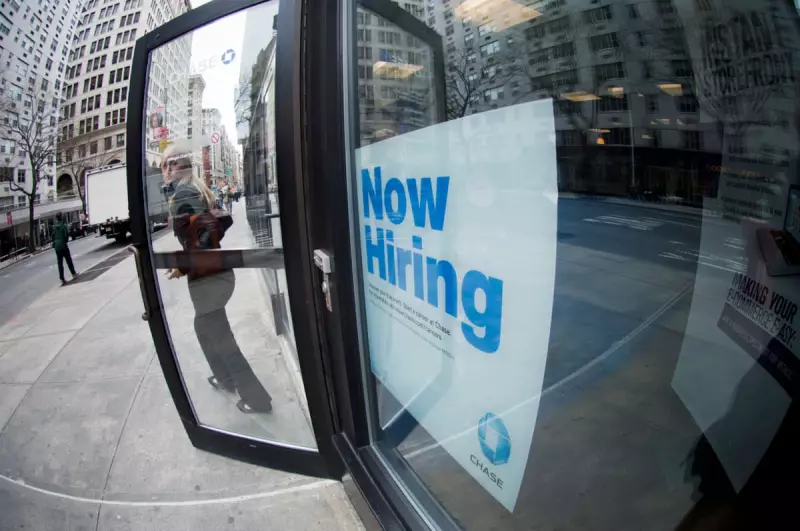
The United States is facing an unprecedented information blackout as President Donald Trump's government shutdown enters its second week, forcing the indefinite postponement of the crucial September jobs report that was due for release on Friday.
Economic Blindness Grips Markets
The Bureau of Labor Statistics, caught in the crossfire of the political standoff, has confirmed it cannot publish the monthly employment snapshot while federal funding remains frozen. This marks the first time in modern history that such critical economic data has been withheld due to a government shutdown.
Financial markets and policymakers are now operating in the dark, deprived of essential insights into the health of the world's largest economy. The missing report would have revealed whether hiring continued at its recent robust pace or if the labour market was showing signs of cooling.
Federal Reserve's Dilemma Deepens
The timing couldn't be worse for the Federal Reserve, which relies heavily on jobs data to inform its interest rate decisions. With no clear picture of employment trends, the central bank faces increased uncertainty about whether to maintain its aggressive stance against inflation.
"This data vacuum creates significant risks for economic policymaking," noted financial analyst Sarah Chen. "The Fed is essentially flying blind at a time when precise calibration of monetary policy is crucial."
Political Fallout Intensifies
The shutdown, triggered by President Trump's demands for increased border security funding, shows no signs of resolution. Democrats have accused the administration of "economic sabotage" by allowing the impasse to disrupt vital statistical releases.
Meanwhile, the White House has downplayed the significance of the delayed report, with press secretary stating that "the fundamentals of the American economy remain strong despite temporary disruptions in government reporting."
What We're Missing
- September unemployment rate
- Non-farm payroll numbers
- Wage growth figures
- Sector-by-sector employment changes
- Labour force participation rate
Economists warn that the longer the data remains unavailable, the greater the potential for market volatility and misinformed investment decisions. Private sector data providers are scrambling to fill the gap, but their estimates lack the comprehensiveness of official government statistics.
The situation highlights the growing vulnerability of economic governance to political brinksmanship, with real consequences for global financial stability hanging in the balance.





